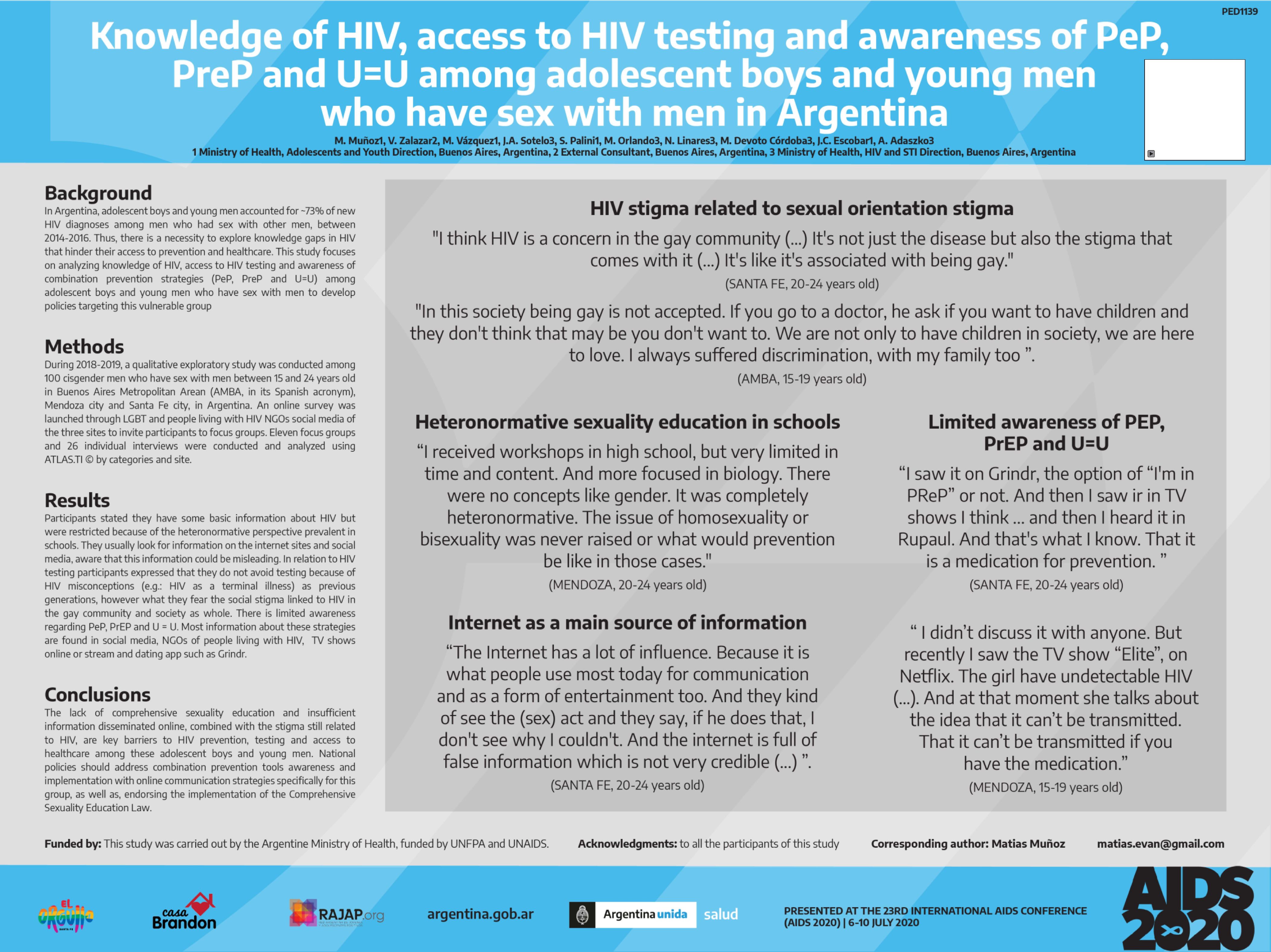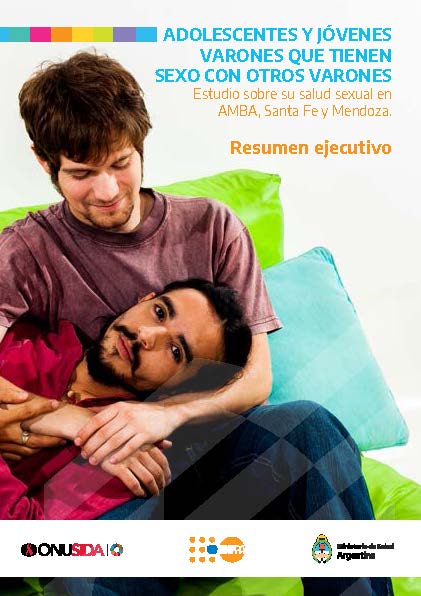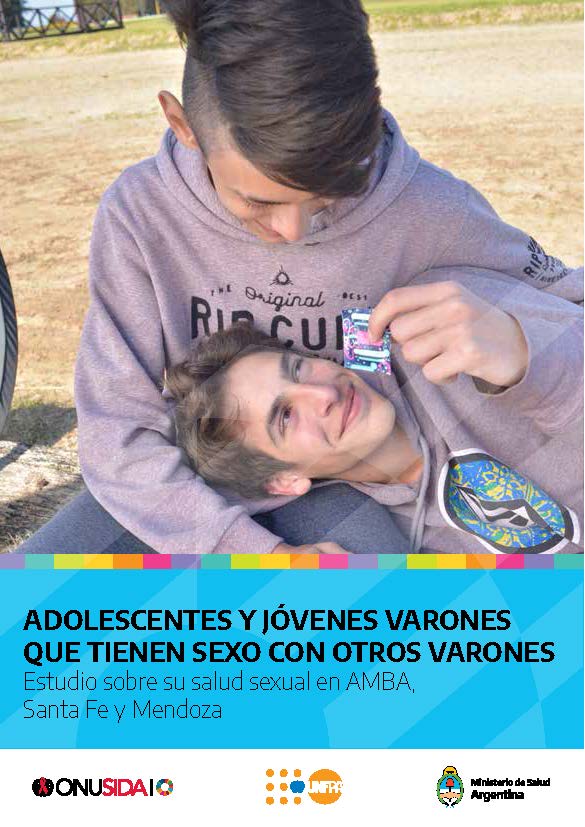Resum
BACKGROUND: In Argentina, adolescent boys and young men accounted for ~73% of new HIV diagnoses among men who had sex with other men, between 2014-2016. Thus, there is a necessity to explore knowledge gaps in HIV that hinder their access to prevention and healthcare. This study focus on analyzing knowledge of HIV, access to HIV testing and awareness of combination prevention strategies (PeP, PreP and U=U) among adolescent boys and young men who have sex with men to develop policies targeting this vulnerable group. METHODS: During 2018-2019, a qualitative exploratory study was conducted among 100 cisgender men who have sex with men between 15 and 24 years old in Buenos Aires Metropolitan Area, Mendoza city and Santa Fe city, in Argentina. An online survey was lunched through LGBT and people living with HIV NGOs social media of the three sites to invite participants to focus groups. Eleven focus groups and 26 individual interviews were conducted and analyzed using ATLAS.TI © by categories and site. RESULTS: Participants stated they have some basic information about HIV but was restricted because of the heteronormative perspective prevalent on schools. They usually look for information on the internet sites and social media, aware that this information could be misleading. In relation to HIV testing participants expressed that they do not avoid testing because of HIV misconceptions (e.g.: HIV as a terminal illness) as previous generations, however what they fear the social stigma linked to HIV in the gay community and society as whole. There is limited awareness regarding PeP, PrEP and U = U. Most information about these strategies are found in social media, NGOs of people living with HIV, TV shows online or stream and dating app such as Grindr. CONCLUSIONS: The lack of comprehensive sexuality education and insufficient information disseminated online, combined with the stigma still related to HIV, are key barriers to HIV prevention, testing and access to healthcare among these adolescent boys and young men. National polices should address combination prevention tools awareness and implementation with online communication strategies specific for this group, as well as, endorsing the implementation of the Comprehensive Sexuality Education Law.
Autoria:
MUÑOZ, Matías;
ZALAZAR, Virginia;
VÁZQUEZ, M.;
SOTELO, J. A.;
PALINI, S.;
ORLANDO, M.;
LINARES, N.;
CÓRDOBA, M. Devoto;
ESCOBAR, J. C.;
ADASZKO, Ariel






